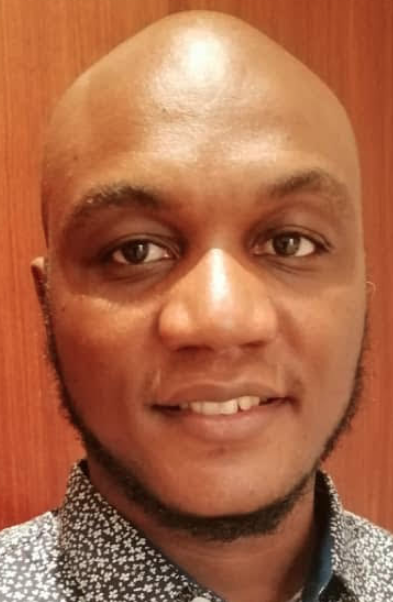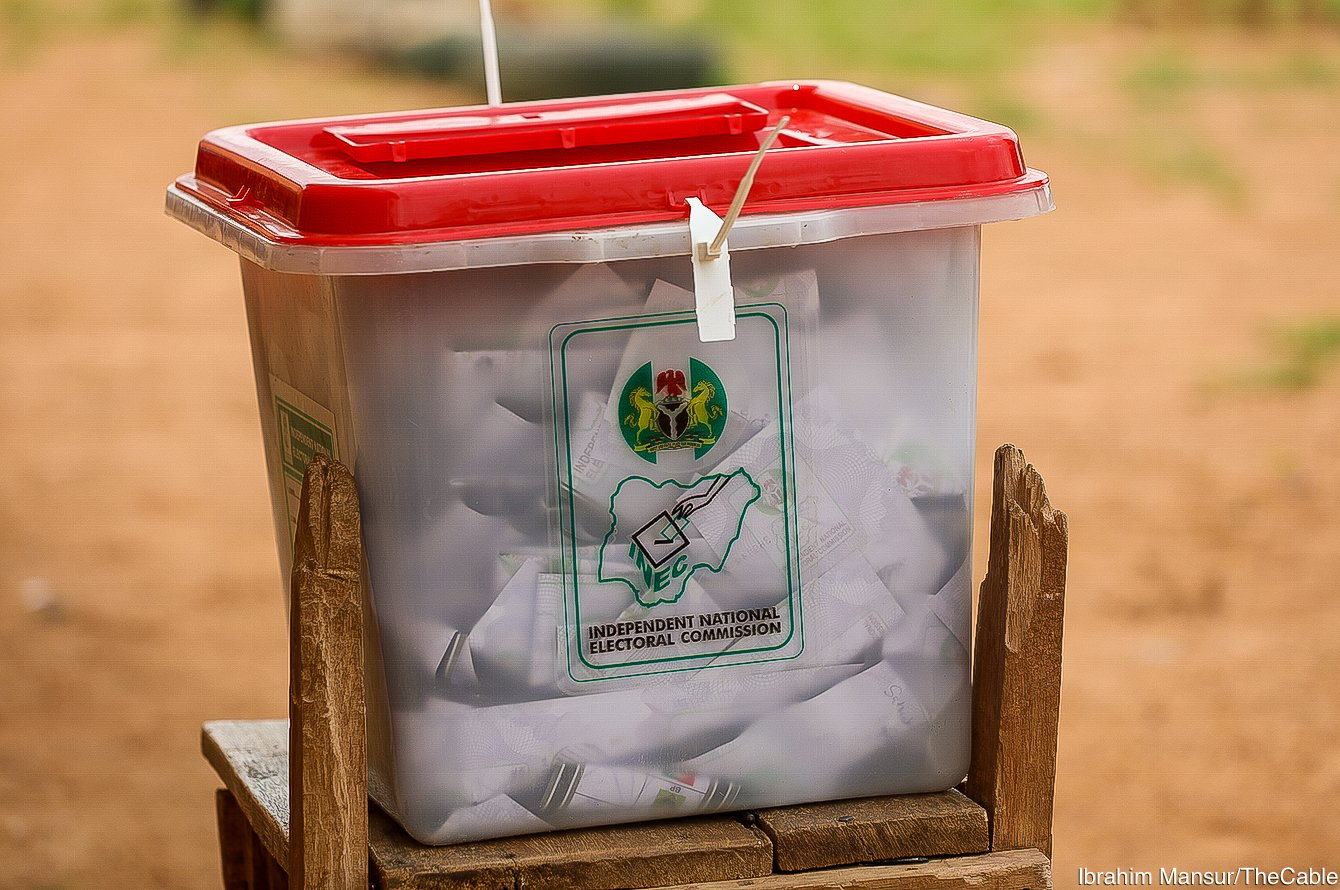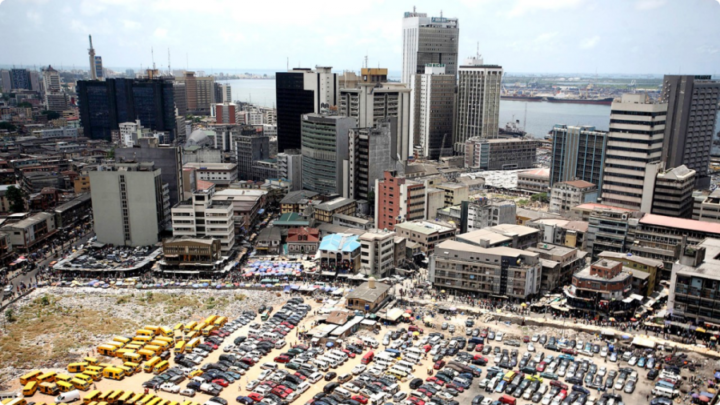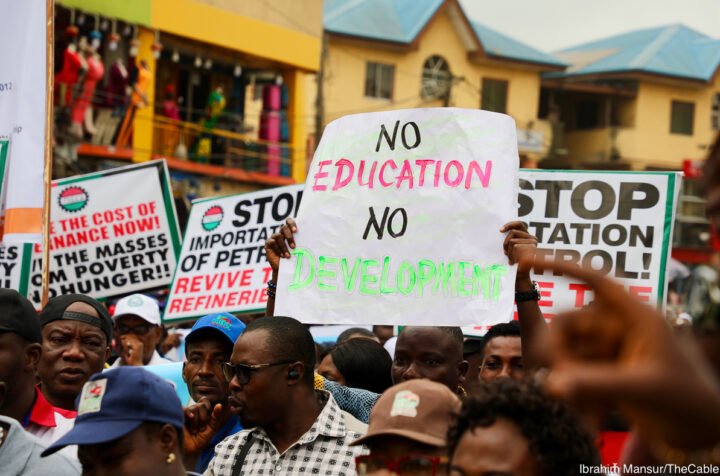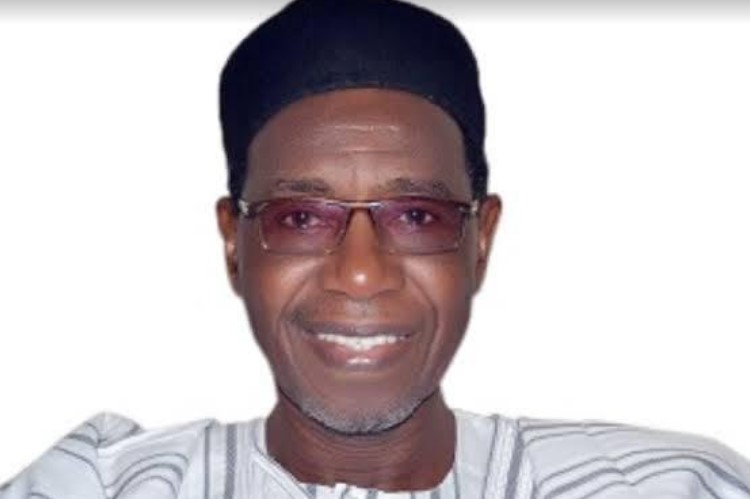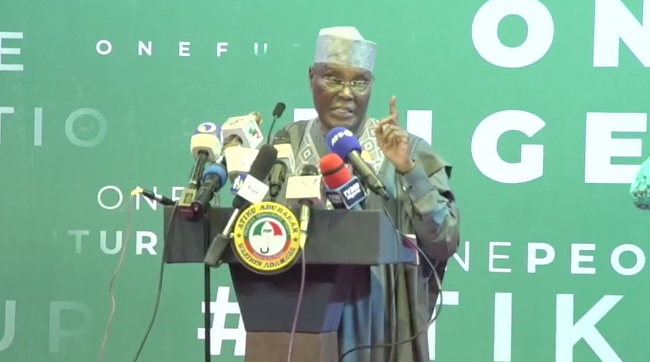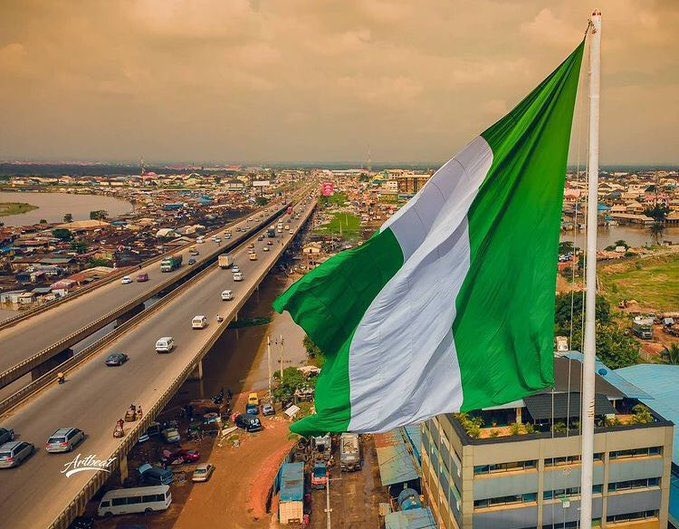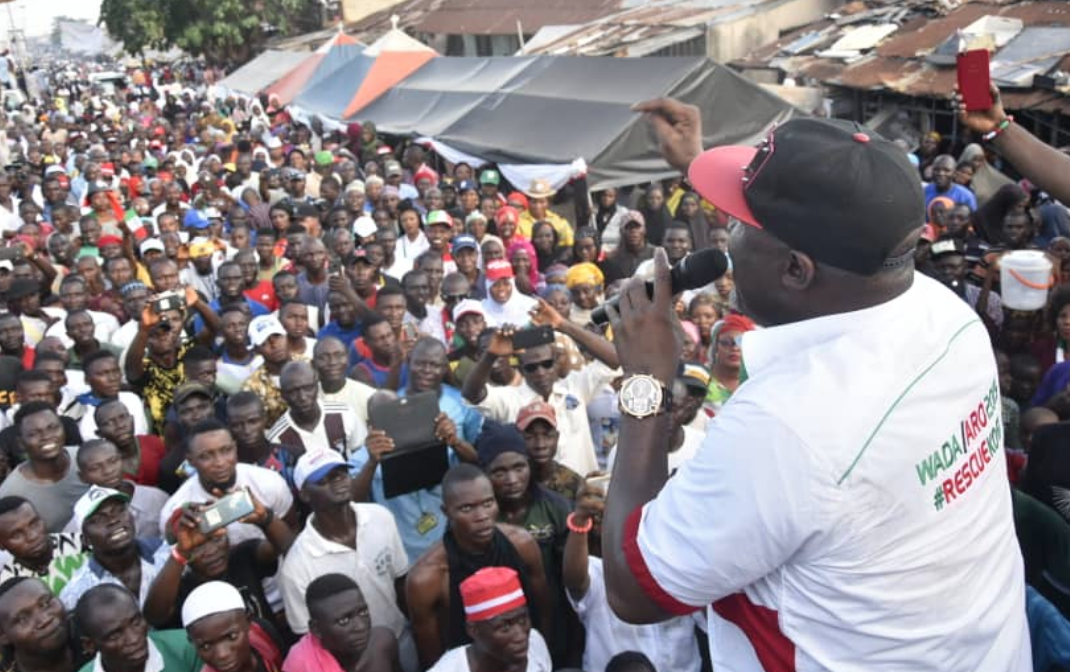Recently, we have seen a flurry of opinion polls on social media on who will win the presidential election and it has generated some controversies.
An opinion poll commissioned by Bloomberg News had placed Peter Obi as the leading candidate in the race to become Nigeria’s next president.
According to Bloomberg, a clear majority of respondents to the opinion poll said they intend to vote for Obi, a former Anambra state governor.
The results of the survey conducted for Bloomberg News by Premise Data Corp. were published last Wednesday.
Advertisement
“Of the 92% of participants who said they’ve decided how to vote, 72% named Obi as their first choice,” Bloomberg reported.
“Of those who are still unsure, 45% said the 61-year-old is their preferred candidate.”
On its methodology, Bloomberg said Premise Data Corp. surveyed 3,973 Nigerians from September 5 to 20.
Advertisement
Also, another poll conducted by We2Geda Foundation puts Peter Obi ahead of other contestants, garnering 51 percent of registered voters’ support.
We2Geda randomly surveyed a total of 15,438 registered voters in 36 states and the FCT.
This, it stated, was done entirely through fully randomised direct phone calls in local languages, to achieve real representation of registered voters across Nigeria.
Similarly, ANAP Foundation released the result of an opinion poll conducted for it by NOI Polls on the forthcoming presidential election.
Advertisement
The poll shows Peter Obi of the Labour Party (LP) holding a significant eight percent lead over Bola Tinubu of the ruling All Progressives Congress (APC) and Atiku Abubakar of the Peoples Democratic Party (PDP). Rabiu Kwankwaso of the New Nigerian Peoples Party (NNPP) trailed them in the fourth position.
Expectedly, the PDP and APC campaign teams have reacted to the polls. In his reaction, the PDP campaign spokesperson, Daniel Bwala, said he would throw a party if Obi wins as many as three states in his south-east zone.
Bwala noted that the poll did not provide the size of the participants, methodology and margin of error, all of which are basics in the conduct of opinion polls.
Speaking in the same vein, the spokesperson of the APC presidential campaign council, Bayo Onanuga, said the poll was “concocted and meant for the trash can”.
Advertisement
The question is why are the spokespersons of the two major parties jittery? Have opinion polls ever determined who wins presidential elections in Nigeria? I don’t think so. Many analysts predicted an Atiku Abubakar victory in the 2019 presidential election because his supporters were more active and vocal on social media.
In a country where a majority of the voting populace are illiterates, opinion polls count for nothing. For example, the Bloomberg poll surveyed just 3,973 Nigerians. We have over 80 million Nigerians registered by INEC and the opinion of 3,973 people even in a Banana Republic can’t be considered the majority decision.
Advertisement
Even in other polls conducted, it was done mainly online but we still have a majority of the electorate who are not online and who, in most cases, come out en masse to vote.
Opinion polls are just like presidential debates. The most eloquent speaker doesn’t win the election and the reasons are not far-fetched. In Nigeria, a politician with deep pockets always has an unfair advantage. After speaking eloquently to the electorate on campaign grounds or rallies, you are expected to “drop something”. Like we say in our local parlance, “na English we go chop?”
Advertisement
There is still widespread poverty in the land and welfarist politicians are seen as good men. We have seen cases of governors building infrastructure and doing well but losing their second term election because they were not “dropping something”. An average Nigerian doesn’t care about infrastructure and good roads, all he cares about is what will he get in his pocket. Until we improve our economy and reduce the number of poor Nigerians, our voting pattern will not change.
Also, religion and ethnicity still play a major role in our elections. No matter how exposed or educated some Nigerians are, common sense goes out of the window when it comes to issues of religion and ethnicity. Since 1999, our voting patterns have not really changed. Elections where the major candidates come from the same zone usually have less tension.
Advertisement
However, for the first time, we have the three major tribes as leading candidates in this election. Will the voting patterns change this time? It may change because we have some youths who have decided to jettison ethnicity and religion in choosing their candidate but do they have the numbers to effect the change they want?
The presidential candidates should take the opinion polls with a pinch of salt. Anyone relying on opinion polls may be in for a shocker. They should campaign vigorously in all the nooks and cranny of the country. The rural voters who usually vote irrespective of rain or sunshine should be the target and most of them are not on social media.
I believe with the BVAS machine and the new electoral act, we are going to have a free, fair and credible election which will reflect the wishes of the majority of Nigerians.
Views expressed by contributors are strictly personal and not of TheCable.
Add a comment
